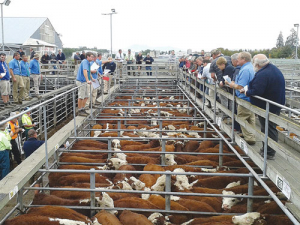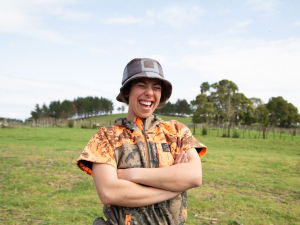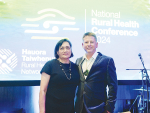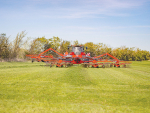“I’m pleased to see investment in these projects to tackle bovine viral diarrhoea virus and facial eczema in dairy and beef cattle,” Primary Industries Minister Nathan Guy says. These serious problems can cause a lot of suffering and cost.”
Guy announced this at the recent Central District Fieldays in Feilding.
The first project will investigate the prevalence of sub-clinical facial eczema and develop guidance on how to best monitor and manage the disease.
“This is a nasty disease. When cattle ingest the fungus that causes it, it damages their liver and causes chronic wasting and death. Badly damaged liver tissue never regenerates. There is no cure so prevention is the only way of protecting animals,” Guy says.
“This project will look at the effects on production and welfare of this disease and encourage farmers to address the problem before it gets to clinical level. The aim is to help farmers to know how and when to treat their cattle.
“This will ultimately lead to improved animal welfare, productivity and sustainability of pastoral farming across the country.”
The project will be led by the Facial Eczema Action Group with representation from vets, farmers, researchers and DairyNZ. The project will receive $395,000 over three years and begin this July.
The second project looks at Bovine viral diarrhoea virus (BVD).
“BVD is a serious and widespread disease with about 80% of New Zealand’s dairy and beef herds having been exposed to it. Infection can cause reproductive losses, an increase in general disease, reduced growth rates and lowered milk production.”
Estimates put the annual losses for dairy farmers at $100m or more.
“This project will include identification of key transmission pathways, development of a business case for coordinated national BVD control and the building of a national model to track BVD status of individual animals and herds over time,” Guy explained.
This is the first time a BVD project has been funded by the Sustainable Farming Fund. $585,000 will be provided over three years and the project will be led by BVD Free NZ beginning this July.











